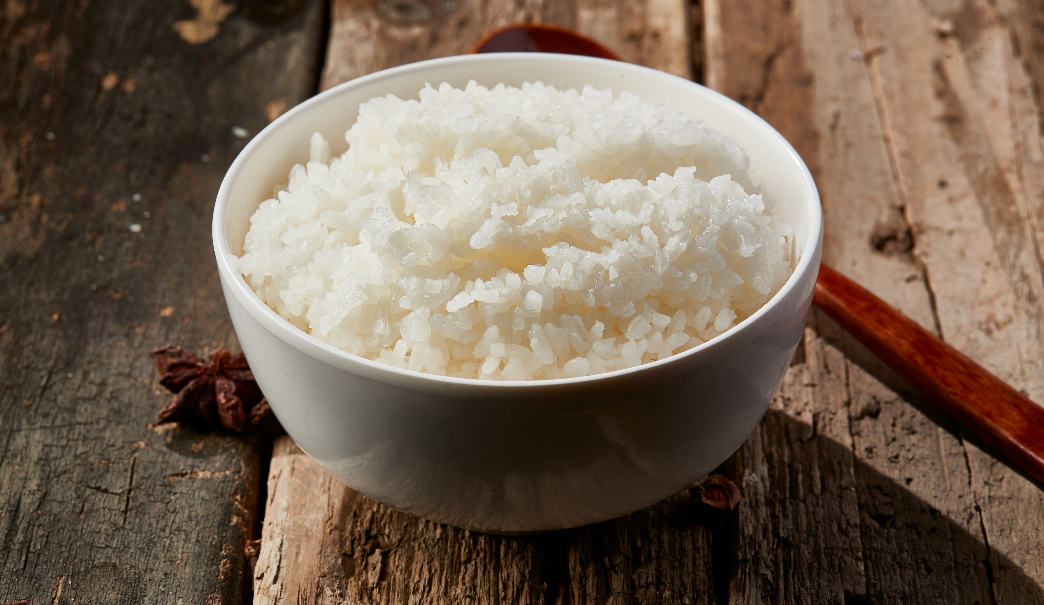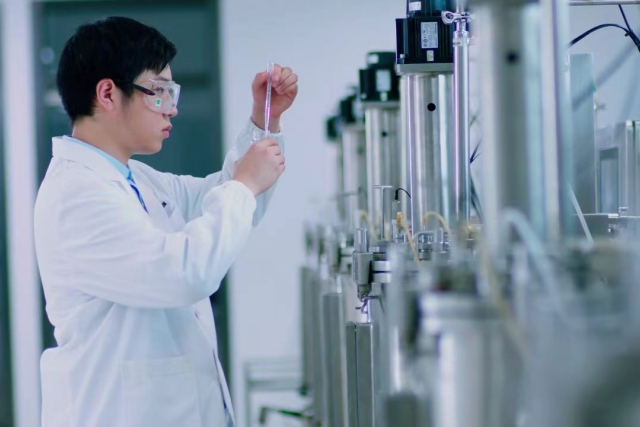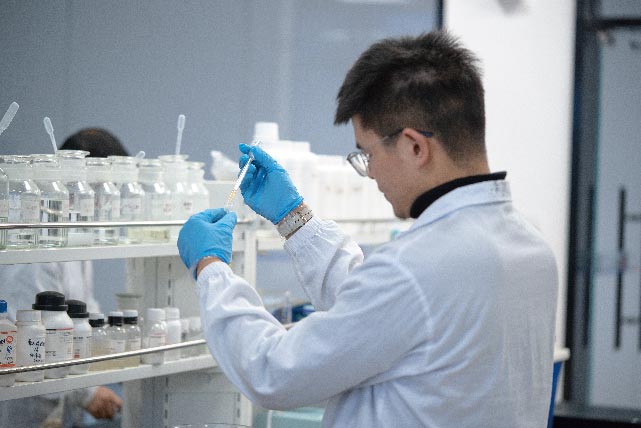-
Home > News & Events > Blog > Enzymes
In the sophisticated world of the food industry, fungal α-amylase acts like a molecular-level "carving knife". By precisely cleaving the α-1,4 glycosidic bonds in starch chains, it converts starch in flour and rice into soluble dextrins and maltose, thereby playing an innovative role in the industrialization process of traditional staple foods.
1. Flour Product Improvement | From Fermentation Power to Quality Leap
When flour meets water, fungal α-amylase quietly initiates its biocatalytic mission. It specifically decomposes starch molecules, and the resulting maltose directly provides energy for yeast—just like injecting high-efficiency fuel into a fermentation engine. This significantly accelerates the yeast metabolism rate, allowing the yeast to release explosive gas during the critical pre-oven stage of dough. As a result, bread volume expands more fully, solving persistent issues such as edge collapse and rough texture. This process optimizes the interaction between starch and gluten, significantly enhancing the dough’s gas retention capacity and extensibility. This enables the dough to form a uniform and fine honeycomb structure during baking. Furthermore, the released reducing sugars undergo the Maillard reaction with proteins, endowing the bread with a golden and shiny crust color and a rich caramelized aroma.
For raw materials rich in dietary fiber, such as whole wheat and multi-grain, the enzymatic hydrolysis reaction can effectively alleviate the physical interference of bran particles on the gluten network. While retaining nutritional value, it improves the processing performance of high-fiber dough and the palatability of final products, resolving the industry dilemma of "difficulty in balancing health and taste."
2. Flour Upgrading: Systematic Innovation from Raw Material to End Product
Adding fungal α-amylase during the flour processing stage is equivalent to implanting "quality genes" into the raw material. By pre-modifying the starch structure, it endows flour with stronger process adaptability: low-gluten flour gains better extensibility to support pastry shaping, while high-gluten flour forms a more robust gluten network to trap gas.
This modification not only improves the efficiency of dough mixing and molding on industrial production lines but also mitigates quality fluctuations of raw wheat caused by differences in origin and harvest year. As a result, each batch of flour can stably produce end products with uniform volume and fine texture.

3. Rice Product Innovation: Modern Interpretation of Traditional Staple Foods
When technology extends to the field of rice, fungal α-amylase demonstrates cross-category adaptability. In the processing of instant rice, it partially hydrolyzes the branched chains of starch to lower the gelatinization temperature—this preserves the rice’s intact granular texture and aroma while reducing its viscosity. For baby rice flour, moderate enzymatic hydrolysis converts large molecular starch into smaller, more digestible sugars, improving reconstitution properties. This not only retains the nutritional value of rice but also eases the gastrointestinal burden on infants and young children. In emerging rice milk beverages, the enzymatic hydrolysis products inhibit sedimentation and stratification caused by starch retrogradation, creating a stable and smooth drinking experience.

4. A Biotechnological Answer for the Clean Label Era
Compared with chemical modifiers, fungal α-amylase naturally inactivates during high-temperature processing after fulfilling its function and does not need to be labeled on the finished product, perfectly aligning with the clean label trend. Its application value lies not only in improving the explicit indicators of product quality but also in establishing a systematic advantage for food manufacturers from raw materials to processes through molecular-level precise regulation—reducing reliance on chemical additives, enhancing production line stability, and expanding the development boundaries of healthy food.
About Annzyme®:
Annzyme is a new brand for Angel enzymes products. We are dedicated to providing customers with perfect solutions in many fields like baking, proteolysis, nucleic acid hydrolysis, starch further-processing etc, and already built highly automated production lines for enzymes and other biological products. We are committed to become the best enzymes supplier and service provider.
Press contact:
Angel Yeast Co., Ltd.
Address: 168 Chengdong Avenue, Yichang, Hubei, P. R. China
Tel: +86-717-6369520
Fax: +86-717-6370680
Email: lili@angelyeast.com




